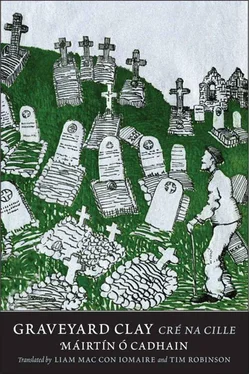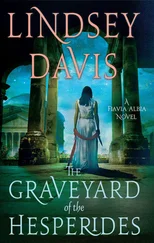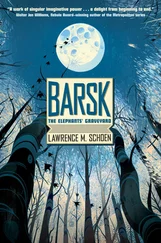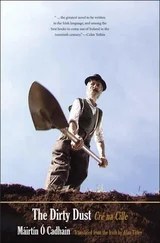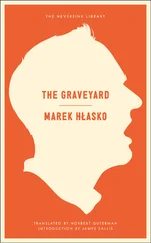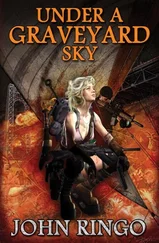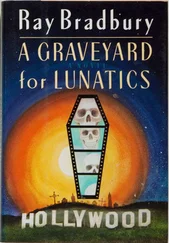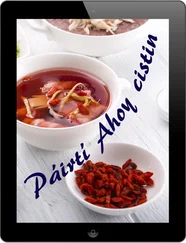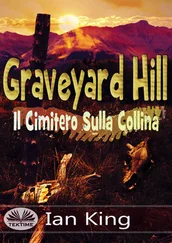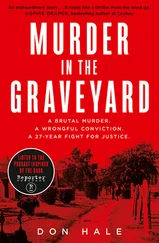9. Áth Cliath, the ancient name of Dublin. The word Dublin comes from Dubh Linn (black pool).
10. An esker or ridge of glacial deposits that runs nearly all the way across Ireland and provided a convenient way across the bogs; it also was the boundary between the two halves of Ireland.
11. French for male cat (tomcat).
12. “Gast” is Breton for prostitute/whore. The Irish word “gaiste” means snare.
13. From the Breton expletive “Gast ar c’hast,” which means “whore of whores,” used for emphasis to show astonishment or disbelief (… in the gast of a gast I am: in the snare of a whore I am).
14. Modern Breton: gast : a woman who has a stall of holy objects — a humorously deliberate and false etymology of the word “gast.” The pardon was a local religious festival, like the Irish “pattern,” in Leon in northwest Brittany, a region renowned for its priests and piety.
15. Gwened is the name of the town and diocese of Vannes in southeast Brittany (not to be confused with Gwynedd in Wales).
16. Pangur Bán, name of a cat in a celebrated medieval Irish poem.
17. To speak of an animal (or a person) without adding God’s blessing was held to put the evil eye on it, that is, to bring it bad luck.
18. The 11th of November. There was a custom of spilling blood in honour of St. Martin, which involved killing a fowl or animal and making the sign of the cross with the blood on each forehead and door. This meant that even the very poor ate meat at least once a year.
19. Confetti.
20. Timber from ancient forests, found in bogs.
21. Conán, Oscar: mythical members of the Fianna.
1. Nickname of William Joyce, who broadcast Nazi propaganda to Britain and Ireland and was executed as a traitor in Wandsworth Prison, 1946.
2. Nails in horseshoes, or in the sole of a boot, to prevent slipping.
3. A cottier ( pailitéara ) is a landless person, one renting land for eleven months of the year only, and so unable to claim to own it.
4. Social Welfare Assistance for the unemployed.
5. Beef distributed by the Irish Government among the poor people of the west of Ireland during the economic war with England in the 1930s, when the cattle trade with England was seriously disrupted.
6. Mionlach, a partly Irish-speaking village on the eastern outskirts of Galway City.
7. Roman physician and philosopher who practised dissection and wrote treatises on anatomy.
8. A vaguely risqué slang phrase, recorded from 1910 perhaps in connection with African dance.
1. The legendary Oscar, grandson of Fionn, fought the demons in Hell with his flail.
2. Tufted prickle-stick: an briogadáinín bobailíneach , derogatory phrase invented by Ó Cadhain.
3. An Ceithearnach Caoilriabhach , a trickster avatar of the sea-god Manannán, in Irish legends. This and other tales from Silva Gadelica (I–XXXI), edited from manuscripts and translated by Standish H. O’Grady, were used by Ó Cadhain in his Irish-language classes while he was interned in the Curragh Military Camp during the Second World War.
4. An otherworldly woman, a Celtic deity in origin, who lived into extreme old age. Associated with the Beara Peninsula in west Cork.
5. High King of Ireland, ruling from Tara in Meath, according to legend.
6. Cab an Dosáin , the little fellow of the otherworld who was reaping the corn so fast in the Battle of the Sheaves that the Fianna nearly killed one another binding after him. Also associated with the buffoonish Conán Maol in legendary lore of Fionn’s followers.
7. Slime on a cow’s rear is a sign she is in heat; a bullock’s slime is therefore a nothing.
8. Richard Mulcahy fought in the 1916 Rising and the War of Independence, and led the pro-Treaty forces in the Civil War.
9. Patrick Pearse’s phrase for the official education system in Ireland under British rule.
10. It had been prophesied that a leader by the name of Hugh O’Donnell, bearing a strawberry mark and known as “Ball Dearg (red spot) Ó Domhnaill” would defeat English oppression in Ireland. After the Battle of the Boyne in 1690 a man of that name and mark, a high-ranking officer in the Spanish Army, returned to Ireland, declared himself to be Ball Dearg Ó Domhnaill (Redspot O’Donnell), and set about fulfilling the prophesy.
